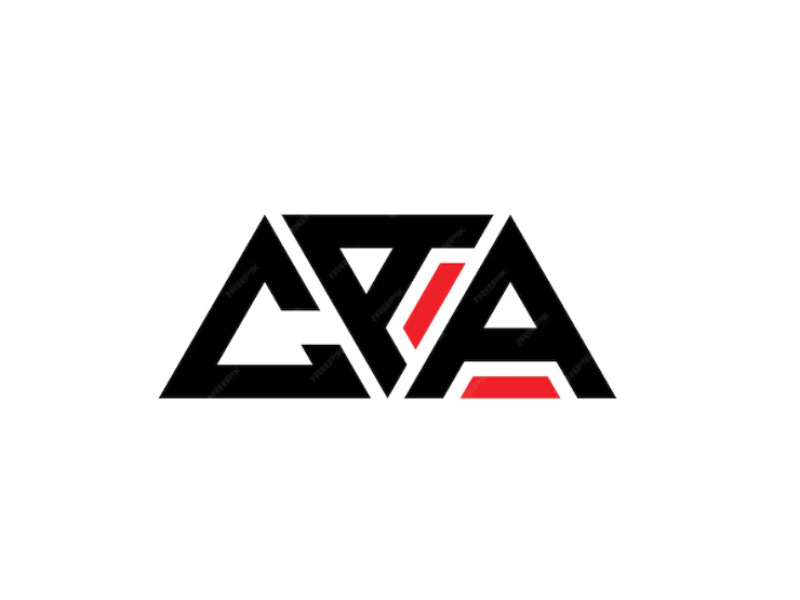- CAA collaborates with AI technology firm Veritone to offer a digital asset management solution, safeguarding the use of clients’ likenesses amidst a surge of unsanctioned AI deepfakes, exemplified by the unapproved use of Tom Hanks’ AI-generated image.
- CAA’s strategic development aims to create consent-based standards for AI usage, empowering talent to own and monetize their digital clones, thus potentially transforming the future landscape of celebrity and AI interactions in entertainment.
CAA, has launched theCAAvault, a secure digital storage solution to protect celebrities’ likenesses against unauthorized AI deepfakes and misuse, marking a significant stride towards safeguarding talent rights in Hollywood.
Partnership with Veritone
In response to the rampant unauthorised use of celebrities’ digital likenesses, the Creative Artists Agency (CAA), in collaboration with Veritone, has created a virtual media storage solution, the CAA vault, for clients to securely store their digital assets. This development comes as part of a collaborative effort with AI technology firm Veritone, to offer a safeguard against the proliferation of AI deepfakes.
This initiative, presenting a significant step for talent rights in Hollywood, aims to address the misuse of clients’ identities. The recent misuse of Tom Hanks’ AI-generated video without his consent highlights the urgency for such protective measures. CAA’s head of strategic development, Alexandra Shannon, emphasised the need for precedents in consent-based use of AI, citing the law’s lag in protecting clients’ rights.
The vault requires substantial personal data to create digital clones, raising privacy and security concerns. However, CAA assures that its clients’ digital doubles and other assets are securely stored and accessible only to authorised users. This empowers talent to share and monetise their content on their terms, facilitating rightful compensation and clearer legal recourse in cases of rights infringement.
Notable CAA clients like Ariana Grande, Beyoncé, and Steven Spielberg are part of an industry grappling with the ethical use of AI clones. The concern extends to the potential impact on employment opportunities and the sensitive issue of resurrecting deceased celebrities through AI, as was the case with the late Robin Williams.
Also read: The many ways AI impacts your morning coffee
Also read: Difference between AI and cognitive computing
Setting industry precedents
Despite the challenges, Shannon points out the value AI clones bring in preserving legacies and enhancing the entertainment industry, provided it’s done with proper consent and permissions. While only a few clients currently utilise the vault, and at a fee, CAA aims to make the service broadly available, anticipating a reduction in costs over time.
The agency’s proactive stance, highlighted by the recent SAG-AFTRA agreement that includes guidelines for the use of “digital replicas”, reflects the industry’s evolving approach towards digital clones. As CAA continues to navigate these new frontiers, they lead the charge in balancing innovation with the rights of those in the creative professions.

